This content was presented at the workshop "Sharing experiences in teaching, learning and using English as a second language in high schools in Vietnam" recently organized by the University of Foreign Languages, Vietnam National University , Hanoi .
Sharing at the workshop, Ms. Nguyen Thi Mai Anh, Literature teacher, Foreign Language High School, said that when she heard the school launched the project "Making English the second language in schools", she was very worried because she was an "outsider", so the project "excepted me".
But when she started working and overcame the psychological barrier, Ms. Mai Anh realized that it was completely possible to incorporate English into Literature lessons without losing the beauty of the national language.
She said that over the past year, teachers at the school have gradually "embedded" English into the subjects, dividing them into 3 levels for appropriate application.
Level 1 is the level of approaching English as a learning support tool, applied in the subjects of History, Geography, Literature, Economic and Legal Education... Teachers will use English keywords and terms in parallel with Vietnamese in the teaching process.
Level 2 applies a parallel teaching model for natural subjects such as Physics, Biology, Chemistry, Information Technology, etc. Teachers not only provide English keywords but can also design bilingual materials.
Level 3 applies to English Math and STEM subjects. Teachers use English to teach and use original English textbooks. Students also do assignments, presentations, and discussions in English.
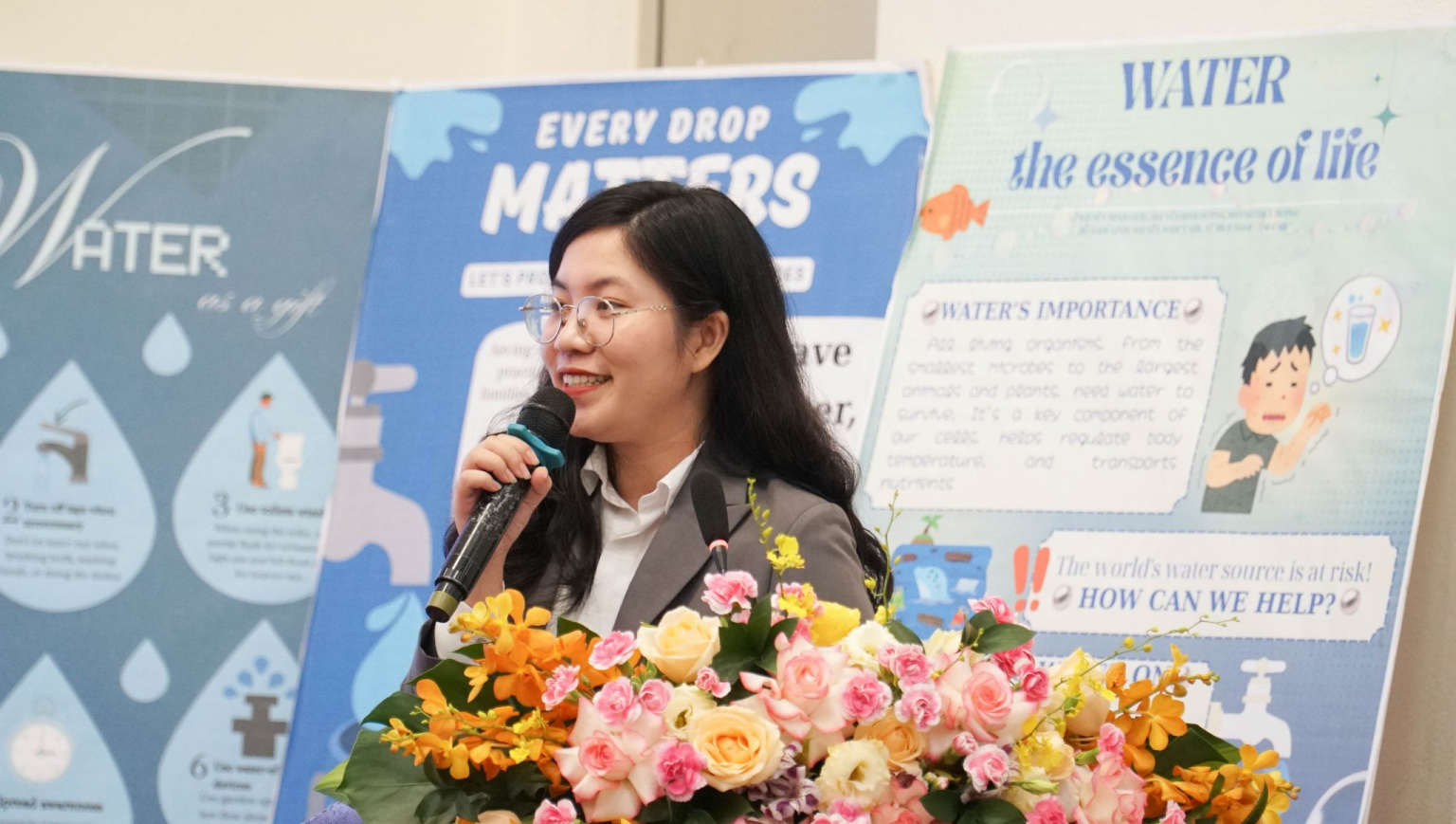
“When we divided the subjects into levels like that, we started to introduce English into teaching and learning as a second language. On each page of the lesson plan, the presence of English is very clear.
For example, in Physical Education, teachers will incorporate English commands into the exercises. Or in Literature class, students can explain idioms in both English and Vietnamese. In addition, English also appears in many lectures through diagrams and tables…”, Ms. Mai Anh said.
In particular, in addition to teaching, the Foreign Language Secondary School and the Foreign Language Specialized High School also designed a system of exercise sheets in English or in bilingual form - one side in Vietnamese, one side in English. The English questions in the test also account for a certain proportion, thereby gradually bringing English into teaching.
During the year of implementing the project, Ms. Pham Thi Mai Huong, Deputy Head of the Foreign Language Department, Foreign Language Specialized High School, said that "there was also a certain amount of confusion", especially when all the teachers of other subjects could use English to teach.
“At that time, what will English teachers teach and what needs to be innovated?” Ms. Huong said. But that anxiety quickly turned into motivation thanks to the achievements of her students and colleagues in other subjects.
“We have changed the mindset from being confused to being ready to change. English teachers no longer stop at teaching grammar and vocabulary but 'immerse' students in many activities, requiring them to use English as a living language, that is, to use it in real-life situations.”
Thanks to this, students can play the role of a character or create their own script and film entirely in English.
Difficulties in implementation in rural areas
Sharing about the inclusion of English in subjects in rural areas, Ms. Le Thi Truong, an English teacher at Van Thang Primary School (formerly Ba Vi district, Hanoi) said that with the learning environment in rural areas, the difficulty is that schools are not equipped with modern facilities. Some schools still lack foreign language classrooms.
In addition, the class sizes are quite large, and the level of students in rural areas is uneven. Some students are exposed to English from kindergarten, but others only start from grade 3.
“Therefore, when implementing the model of introducing English as a second language in schools, the activities are very difficult due to uneven levels,” said Ms. Truong.
However, at Van Thang Primary School, the advantage is that teachers in all subjects are enthusiastic, and students are also excited about this model. In addition, this is a newly built school, so it is fully equipped with foreign language classrooms. Thanks to that, last school year, the school organized many activities such as English club activities, English competitions, students hosting programs entirely in English...
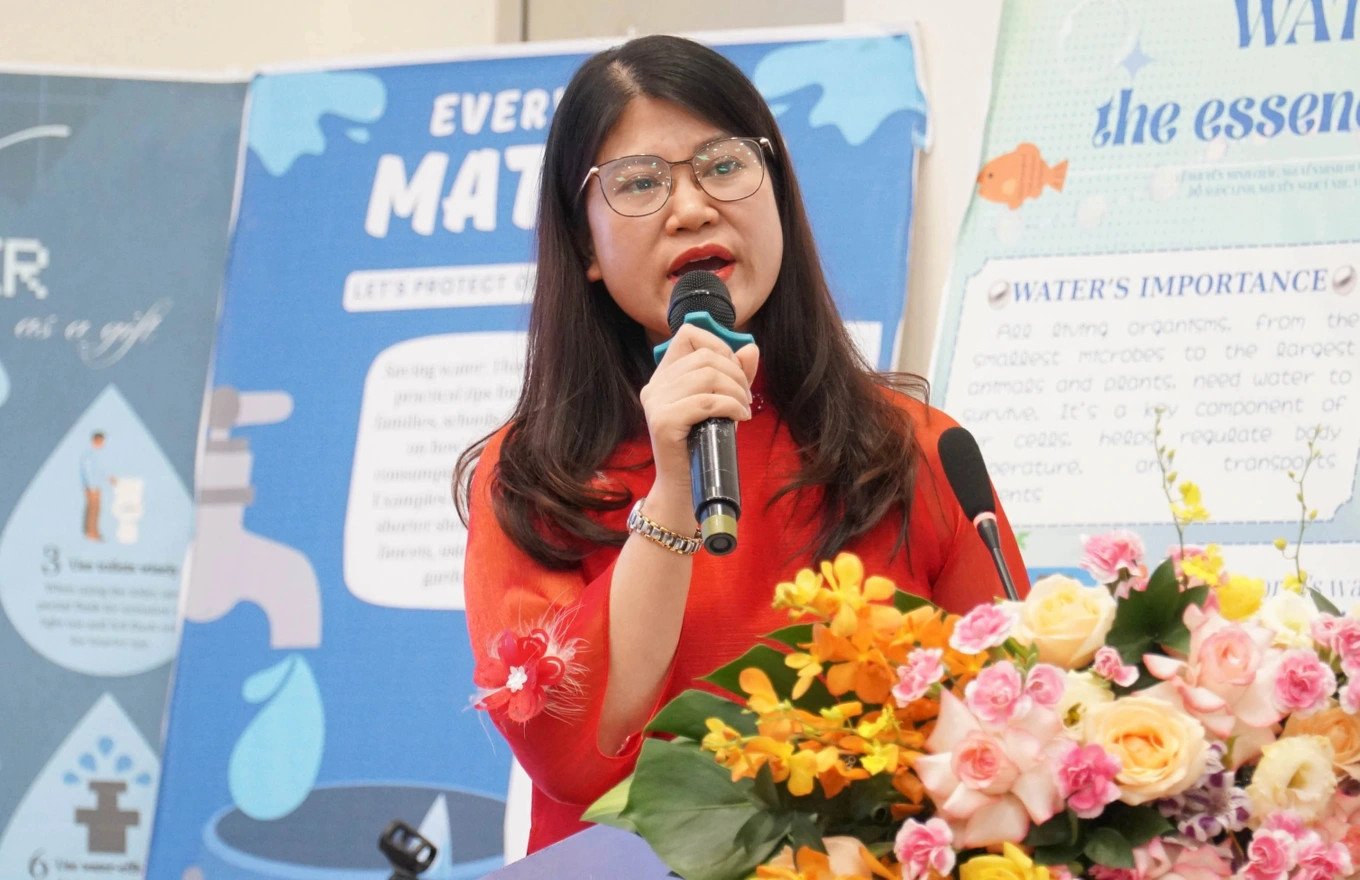
Regarding this, Dr. Nguyen Thi Mai Huu, Head of the National Foreign Language Project Management Board, Ministry of Education and Training, also admitted that "making English the second language in schools is a challenge, because teaching English to students is already difficult, now using English to teach all other subjects in schools is even more difficult."
According to her, disadvantaged localities will have to make more efforts to achieve the common goal of making English the second language in schools.
To implement this major policy of the Government , she said that it is still necessary to invest more in teaching equipment and transmission lines, especially for schools in remote areas.
“Only when localities and schools make efforts and share, can we soon make English the second language in schools,” said Ms. Huu.

Source: https://vietnamnet.vn/hoc-tieng-anh-nhu-ngon-ngu-thu-hai-truong-day-ca-van-the-duc-bang-tieng-anh-2444589.html


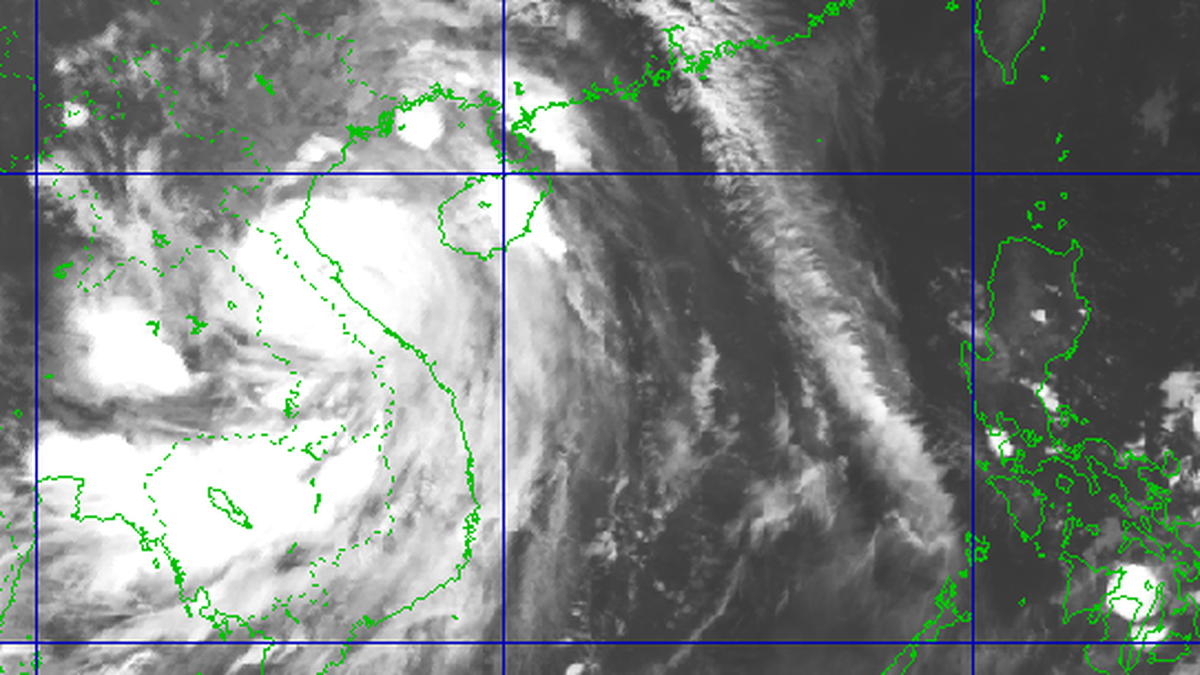

![[Photo] The 4th meeting of the Inter-Parliamentary Cooperation Committee between the National Assembly of Vietnam and the State Duma of Russia](https://vphoto.vietnam.vn/thumb/1200x675/vietnam/resource/IMAGE/2025/9/28/9f9e84a38675449aa9c08b391e153183)
![[Photo] Joy on the new Phong Chau bridge](https://vphoto.vietnam.vn/thumb/1200x675/vietnam/resource/IMAGE/2025/9/28/b00322b29c8043fbb8b6844fdd6c78ea)

![[Photo] High-ranking delegation of the Russian State Duma visits President Ho Chi Minh's Mausoleum](https://vphoto.vietnam.vn/thumb/1200x675/vietnam/resource/IMAGE/2025/9/28/c6dfd505d79b460a93752e48882e8f7e)
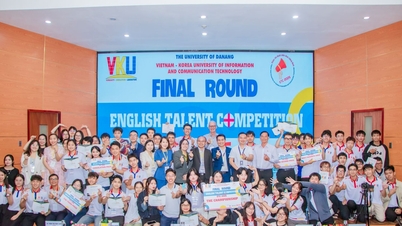



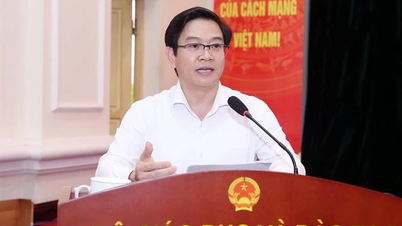

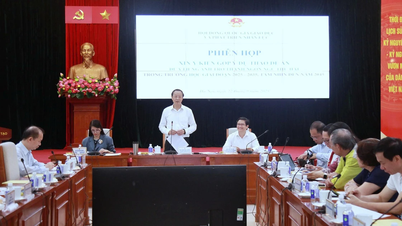



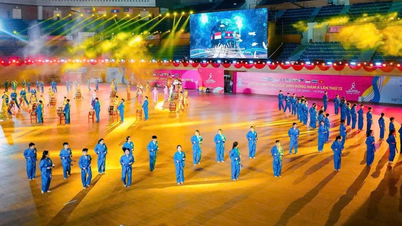


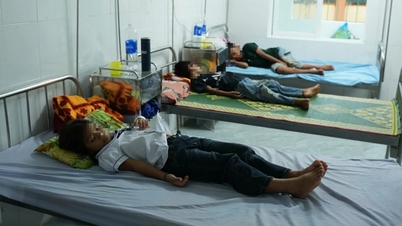


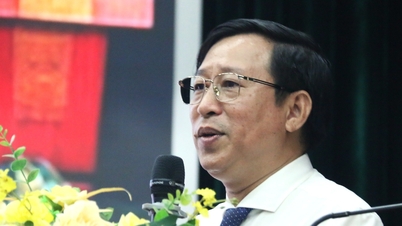


































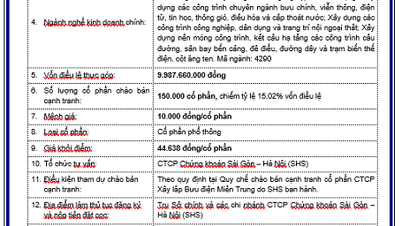








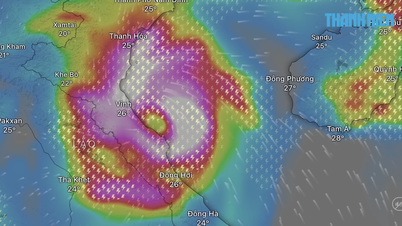


















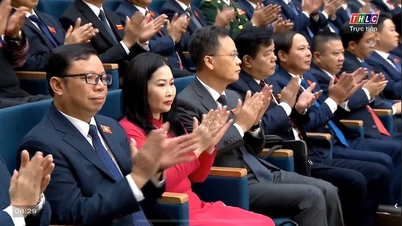


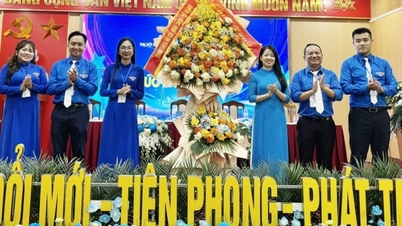














Comment (0)